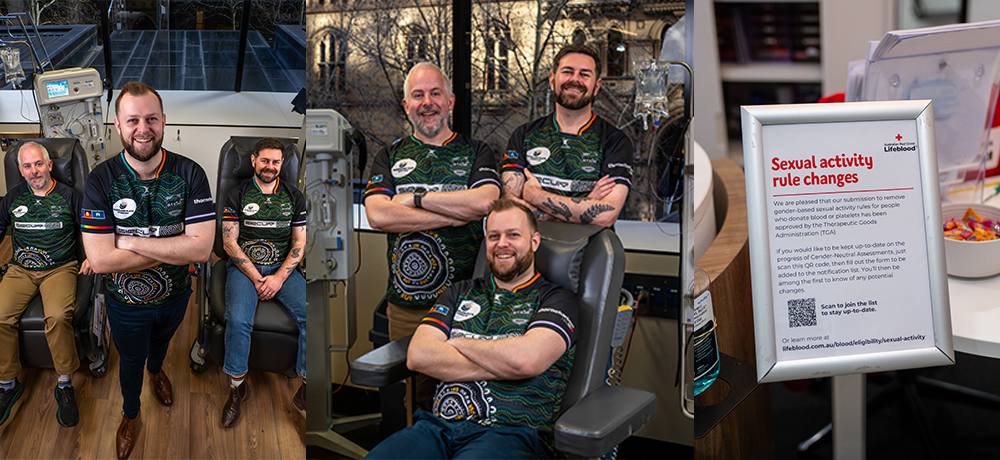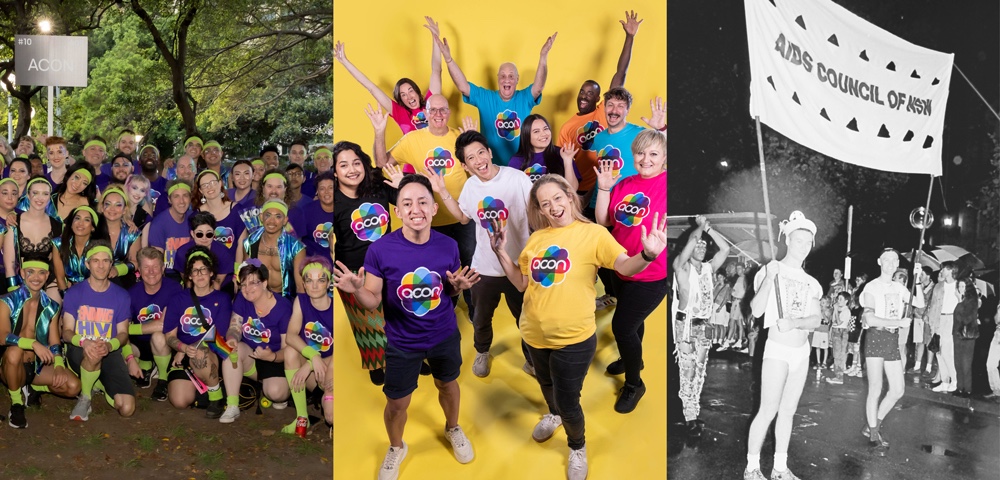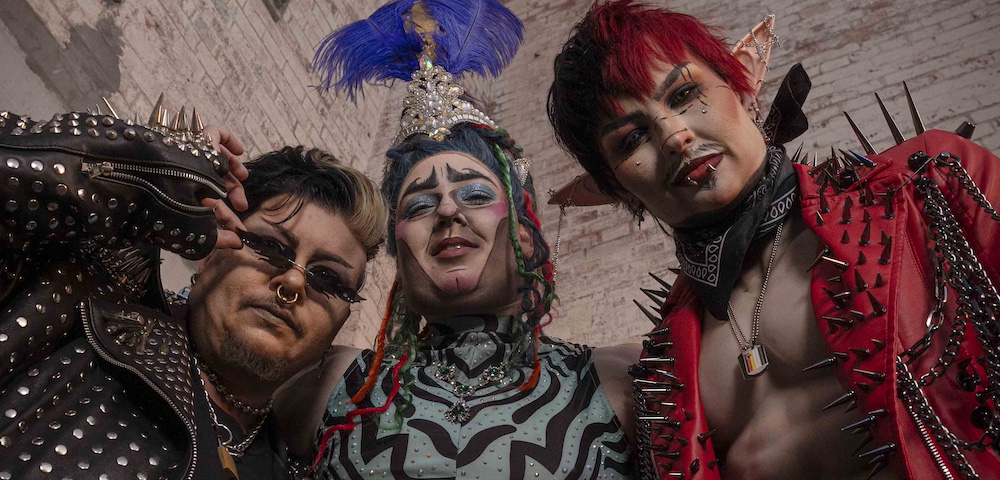
Here You Come Again: Why The Girls, Gays, Queers & Theys All Love Dolly Parton

Here You Come Again: Why The Girls, Gays, Queers & Theys All Love Dolly Parton is one of our features from the July 2025 print issue – you can see more here.
From her rhinestone-studded ensembles to her honeyed southern drawl, Dolly Parton embodies a glittering paradox: glamour meets grit, camp meets authenticity, and grounded simplicity meets lyrical virtuoso.
Yet ask any queer person, and you’ll quickly learn Dolly is more than a country music legend to us — she’s practically canonised in the LGBTQIA+ community. Saint Dolly, blessed art thou amongst queers.
Parton’s ability to resonate across infinite queer experiences is testament to her power and timelessness. I could write thousands of words here, and still not capture every single reason the girls, gays, queers and theys all worship at the altar of Parton – the limit simply does not exist.
And yet, this two-way adoration is remarkably encapsulated in the hit stage show, Here You Come Again — which was officially produced with the approval of Dolly Parton herself.
Starring the luminous Tricia Paoluccio (who also co-wrote the show) as Dolly, the production offers a sincere homage to Parton’s enduring influence. Dash Kruck portrays Kevin, a middle-aged gay man struggling to rediscover purpose until Dolly magically appears, guiding him to realise the transformative power of optimism through her iconic songs.
The dynamic between Paoluccio and Kruck crafts a narrative of resilience, joy, and connection. Fiona Harris and Mike McLeish’s witty, thoughtful script localises the show, allowing Australian audiences to connect with Dolly’s universal message of hope.
Paoluccio has been singing all of Dolly’s hits since she was just five years old in a small town called Modesto, California — her life has been shaped by Dolly’s joyful positive attitudes, zest for life and love of God.
And this zest for life – particularly as a form of resilience in the face of emotional turmoil — is one of Parton’s most appealing qualities, particularly for queer people. This appeal is not limited to one segment of the LGBTQIA+ acronym; she is equally beloved by each and every beautiful letter. Much of this devotion is, I believe, rooted in how deeply her work resonates across queer experiences of identity, resilience, and chosen family.
Like her 1971 classic Coat of Many Colors, about her mother stitching her a patchwork coat, making young Dolly the target of ridicule. Yet instead of internalising shame, she embraced the multi-coloured coat (much like our rainbow flag) with pride. LGBTQIA+ people know too intimately the sting of societal judgment for simply existing as ourselves, so Dolly’s message of radical self-acceptance, and never relenting to dull one’s rhinestoned shine, unsurprisingly struck a powerful chord.
While we’ve loved Dolly, she has long loved us back. Her allyship is not performative; she’s been a vocal advocate spanning decades — even when it wasn’t easy. She spoke out in support of marriage equality long before it became broadly accepted, and during the AIDS crisis, funnelled significant funds into HIV/AIDS research, support services, and medical centres providing AIDS treatment.
Now, with the Trump administration’s barrage of assaults on LGBTQIA+ rights, Dolly has remained steadfast in condemning discriminatory policy. Such unwavering allyship matters, reminding us that allies of power and influence do exist, and are fighting alongside us.
Constantly trivialised due to her exaggerated femininity — her hair and (dare I say, magnificent) breasts permanently pushed high to the heavens — Dolly critiques societal pressures through audacious glamour. She is the Madonna-Whore Dichotomy personified, laying her body on the line as proof that patriarchy expects hyper-femininity but chastises women for crossing into “trashiness.”
Dolly famously quipped, “It’s a good thing I was born a girl, otherwise I’d be a drag queen.” Indeed, her aesthetic aligns with drag—a joyful exaggeration lampooning society’s impossible femininity standards while celebrating womanhood. Unsurprisingly, drag queens adore her right back. The number of queens who’ve lip-synced to ‘9 To 5’ is unfathomable, and countless drag artists proudly cite her as their muse. Dolly’s admiration for drag culture reached a delightful zenith when she entered a Dolly drag contest incognito at a West Hollywood gay bar — and spectacularly lost.
Here You Come Again is a sparkling testament to Dolly’s queer legacy, that remains vibrant, joyous, fierce and profoundly meaningful.
Here You Come Again is on at Melbourne’s Comedy Theatre from 12 July. Get all the info at hereyoucomeagain.com.au.









